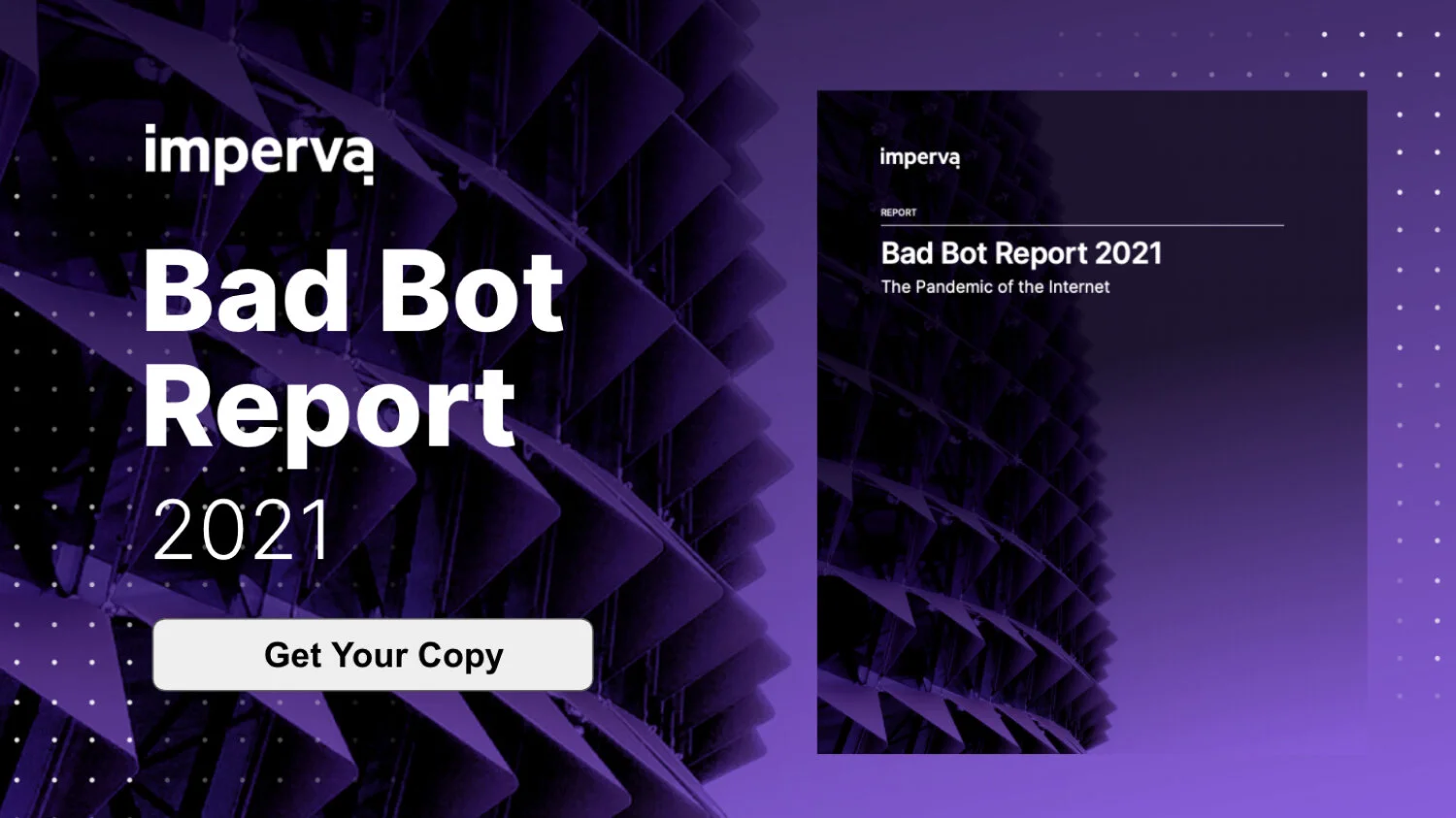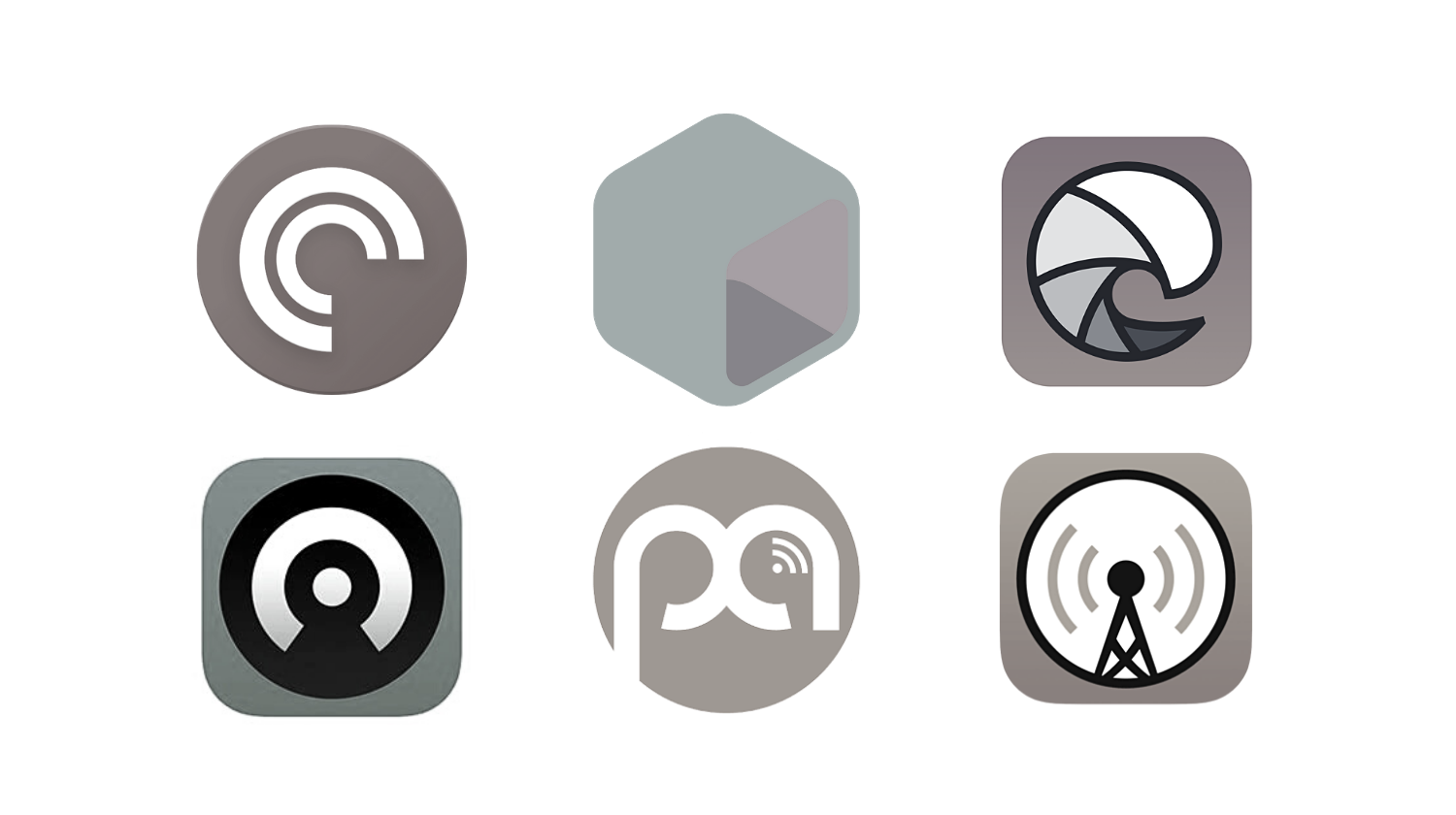A Their Story conversation with Sean Martin, Marco Ciappelli, and Imperva
The 8th edition of the Bad Bot Report, produced using research and analysis from Imperva Research Labs, shows that more than 40% of all web traffic requests originated from a bot last year. The reduction in human traffic coupled with the increase in bot traffic, according to the report, suggests the growing scale and widespread impact of bots in daily life.
This is a 2-part podcast series with Imperva. In this series, we get to speak with Edward Roberts, Director of Strategy, Application Security at Imperva, to look at the findings in the report from two angles:
How and when did bots originate, how have they changed over time, and what is the impact on society
How do bots continue to evolve, how do they impact business, and how can they be managed to deliver value when appropriate and mitigate risk when necessary
“As we’ve monitored over the past eight years, bad bots continue to ravage the Internet, while attack characteristics are becoming more advanced and nuanced over time.”
Now… please join us as we look at the good, the bad, and the ugly of bots in business and society.
Note: This story contains promotional content. Learn more.
Episode 1: Drawing Ethical Lines Around Bot Behavior
Guest
Edward Roberts, Director of Strategy, Application Security at Imperva
Bots have been around for a very long time. At its basic level, a bot is merely a script that can automate a computer task on behalf of the human; as such, it can do good things or bad things. Like most technology, the line is thin and blurry. It can get ugly too.
Bots have also come a long way since their inception. They can provide automated customer support on a website, buy all of the tickets for the next big concert to later sell them on the black market, or they can even help people find a location and reserve a spot in line to get the COVID-19 vaccine. The possibilities are limitless, but as you go deep into the analysis and ethics come to play, even what may seem to be a good thing can become noticeably ugly.
During this part 1 conversation with Edward Roberts, we get to learn a bit of history, who can develop and control these bots, what the current impact is on society, and where the ethical line between good and evil gets drawn. As we mentioned, the line is thin—perhaps even blurry—and doesn’t easily separate two distinct sides; the line can even move based on context, intent, and impact.
Sounds like a mess, doesn’t it? Now is the time to start figuring out how to put some controls in place to prevent evil from existing and running—and also from preventing good from being misused for evil.
One thing is for sure: the numbers are worrying because the trajectory—from pretty much every perspective—shows a growing gap between human and bot traffic. This is something that cannot be ignored.
From the Bad Bot Report press release:
Advanced Persistent Bots remained the majority of bad bot traffic over the past year, amounting to 57.1%. These bots are responsible for high-speed abuse, misuse and attacks on websites, mobile apps and APIs. They closely mimic human behavior and are harder to detect and stop, presenting a unique challenge for organizations that want to mitigate downtime, reduce bandwidth consumption and improve experiences for legitimate human customers.
Additional Resources
Episode 2: Outsmarting The Bots Of The Future
Guest
Edward Roberts, Director of Strategy, Application Security at Imperva
Now that you know what bots are, where they originate, what good they can do, and the harm they can cause, it's time to understand how to implement a strategy to fight back and contain the damage they can bring. Businesses can be negatively affected by they do not have to.
In part 1 of this 2-part series, we explore the source of bots: who writes them, uses them, and for what purposes. We also looked at what types of devices, systems, and services they target and how they succeed in completing their desired action. Most importantly, we highlighted the reality that the line between good, bad, and ugly is not always clear; in fact, it can be pretty blurry in many cases.
This leads us to part 2, where we get a chance to connect with Edwards Roberts again to better understand what industries are most impacted and why. We know that every online business is getting hit with both human and bot traffic, so we need to learn how to recognize the differences between the two. Furthermore, it's important to know how to identify the traffic behaviors to determine their intent, the risk they bring, and the impact that could have on the business.
Finally, true to fashion for the stories we like to tell, we also get a glimpse into the future of bots and what they mean to businesses, consumers, and society moving forward.
Don't leave this episode to your personal bot to listen to on your behalf. You'll want to absorb this one in its entirety all yourself.
Enjoy!







